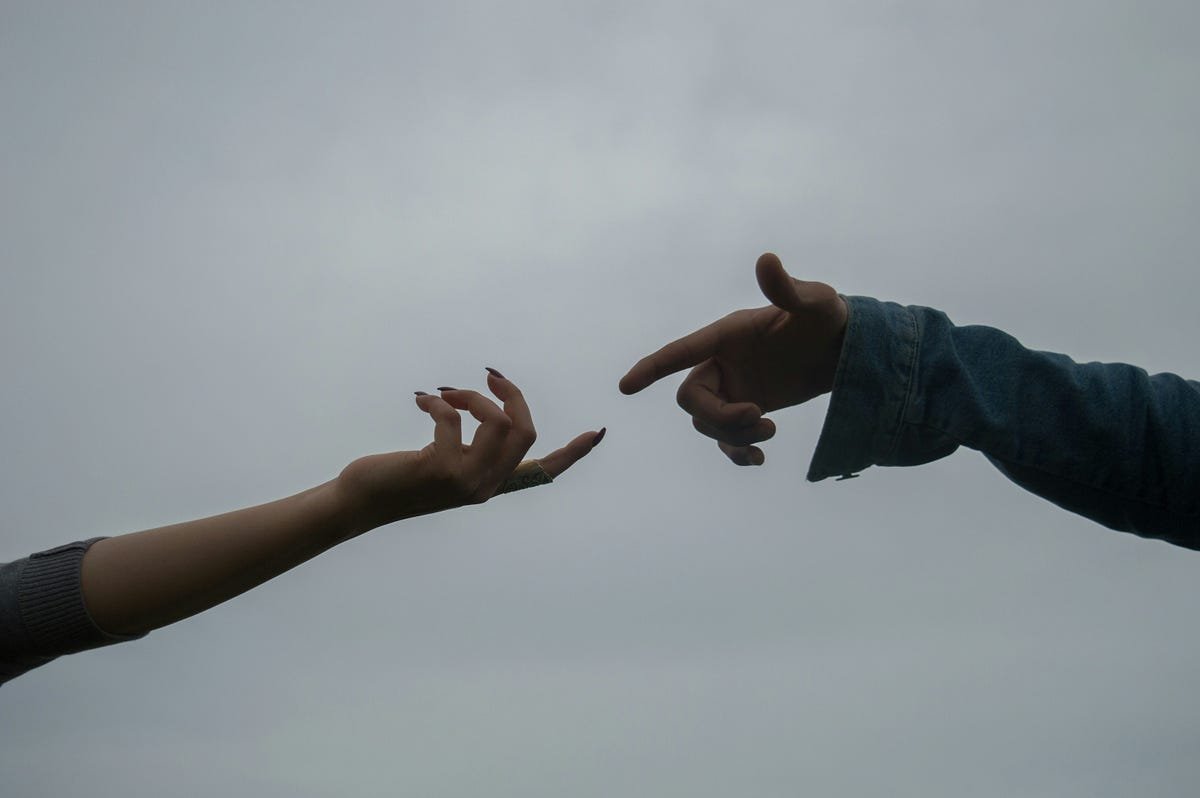When He Hits a Woman. When public respectability conceals… | by Silent Observer (Sarphari) | Sep, 2025

In this text, I would like to discuss the problem of violence. I cannot understand what makes people resort to aggression in words, deeds, and especially actions toward those close to them. I consider this unacceptable and impermissible.
Recently, an acquaintance reached out to me and told me about her relationship with someone from our shared circle. The story she recounted shocked me: physical aggression arose after an ordinary domestic conflict.
It is especially painful to realize that we are talking about a person leading a double life — family on one side and hidden relationships on the other. Such a situation creates additional levers of pressure and control.
The use of physical force and aggression in relationships is always unacceptable. It inflicts deep trauma on the victim, undermines trust, and destroys relationships. No one should have to tolerate such treatment, regardless of the circumstances.
Knowing that they had shared business interests, I immediately advised her to reconsider professional ties to minimize dependence on the aggressor. Economic attachment often becomes an additional instrument of control.
I believe that in such cases it is important not to stand aside but to try to provide support to the survivor. Situations like this trigger a strong emotional response in me — I want to transmit the same resolve to resist violence, to help a person break out of its closed loop. I tried to talk with this man about the unacceptability of his behavior, but encountered complete denial of the problem and a severing of all contact. Such a reaction is, unfortunately, typical for aggressors — evading responsibility and isolating those who try to intervene.
I am struck by the ability to maintain a public mask of well-being while remaining destructive in private relationships. How often we see people who appear quite respectable in society but, behind closed doors, become a source of fear and pain for their loved ones. This makes one wonder how well we really know the people around us.
I recommended that she seek help from specialized organizations that work with survivors of domestic violence, or consult a psychologist. This was especially important given her limited social support.
Some time later, I learned that she had not taken my advice and instead began a new relationship with a person who also showed signs of potential aggressiveness. What is this? An inner program? Or her fate written in the heavens?
This made me think more deeply about the psychology of survivors of violence. Specialists explain such patterns with the concept of traumatic bonding — when the experience of abusive relationships distorts one’s sense of normality and leads a person to unconsciously reproduce familiar, albeit destructive, models.
Perhaps there is something deeper in these recurring choices — not only psychological trauma, but an existential search for oneself through suffering? An attempt to rewrite the past, to gain control over what once lay beyond one’s power?
What can be taken from this story:
Intervention requires time and a person’s readiness to change. It is not enough to point out the problem — long-term support matters.
Aggressors control through isolation, severing the victim’s important social and professional ties.
Help must be ongoing rather than one-off. A single conversation rarely changes deeply rooted behavior patterns.
Public “masks” often conceal the survivor’s true situation. Social respectability can be deceptive.
We cannot change another person’s choice, but we can create conditions of support and access to resources.
Toxic patterns repeat without an understanding of internal mechanisms. It is important to address not only external circumstances but also psychological causes.
I believe it is important to talk about this. Research shows that the phenomenon of a “double life” is particularly characteristic of people with high social status — aggressors who engage in public work and philanthropy while demonstrating cruelty and control in private relationships.
This story taught me that the fight against violence is not a one-time act of nobility, but systemic work to change the culture of relationships in our environment — and, perhaps, to change how we understand human nature and its drive toward self-destruction.

